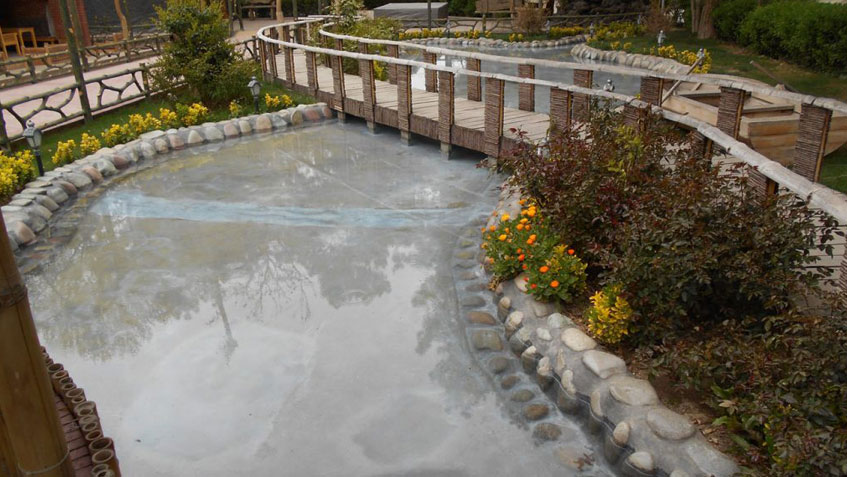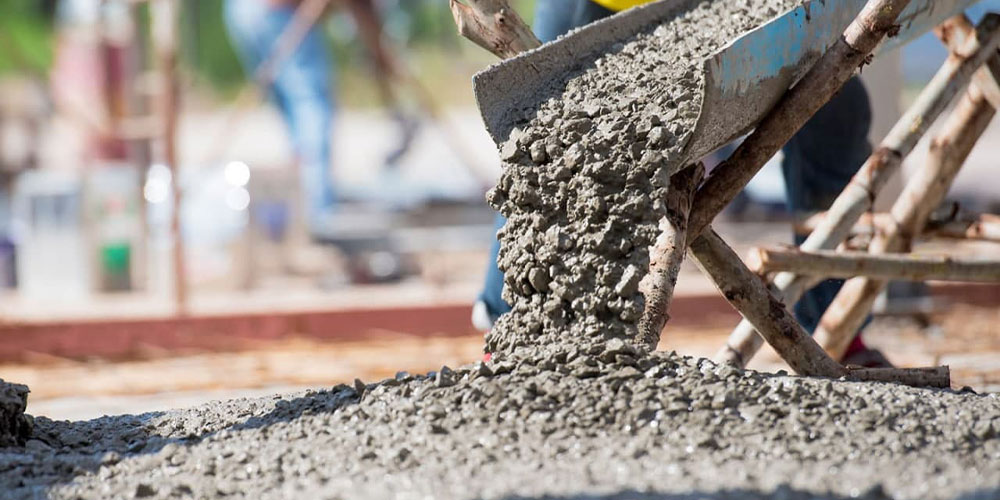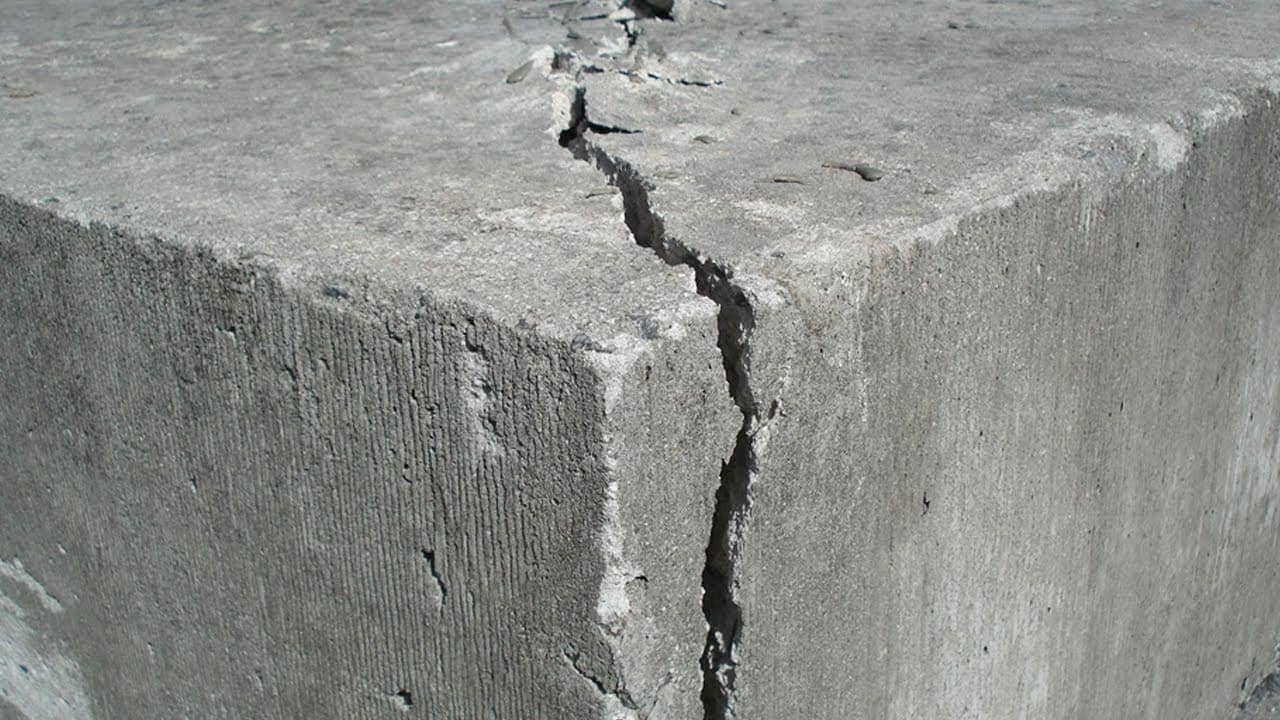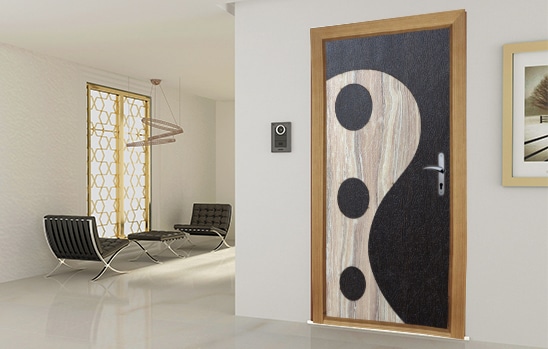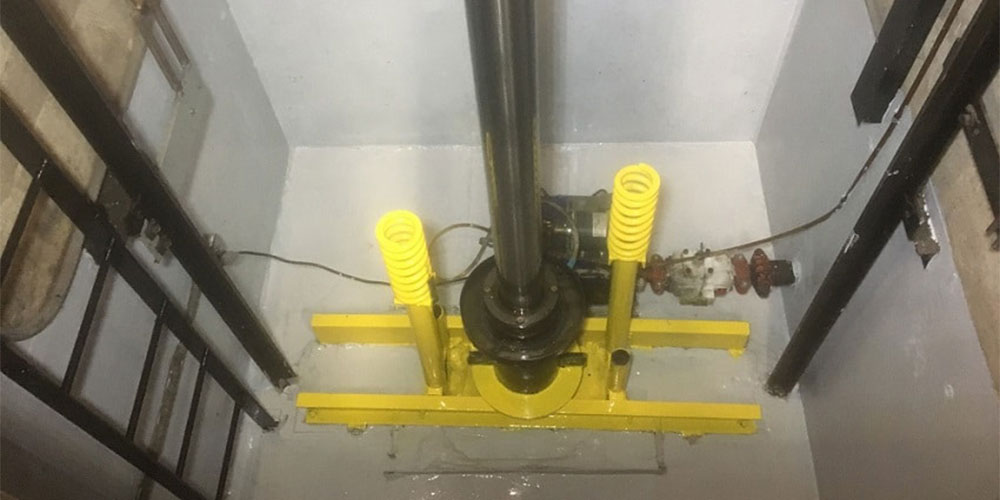Concrete is a water-based material, so you should use water-based materials and additives to mix with it.
For better concrete performance, ease of placement, and consolidation, a specific and standard amount of water is required for proper hydration. Excess water in the concrete mass remains and gradually evaporates. As a result of this evaporation, capillary channels and pores remain in the concrete, which are the main causes of its porosity and permeability.
Pores, holes, capillary tubes, and voids in hardened concrete remain and leave open the path for the entry and penetration of water and corrosive chemicals into the concrete, thereby increasing the rate of rebar corrosion.
The more numerous and extensive these pores are, the more permeable and vulnerable the concrete becomes.
Excess water leads to an increase in shrinkage cracks during curing.
To reduce the water-to-cement ratio in concrete mixtures, admixtures such as superplasticizers can be used. Although the capillary pores, voids, and holes in the concrete remain, their size and permeability are reduced. However, the pathways for water, salts, and corrosive chemicals to enter the concrete still exist because the pores are not sealed off. Moreover, using superplasticizers alone will not make the concrete waterproof.
One of the methods to resolve this issue is using N50 concrete adhesive and additive.
The use of N50 concrete adhesive and additive, as well as B70 mortar adhesive and additive, enhances the density and adhesion of concrete particles to the surface of rebar and metal components of the structure, thereby blocking the path of water penetration. Consequently, concrete and mortars produced with these products exhibit higher flexural and tensile strength.
The placement of metal reinforcing bars close to the outer surface of concrete leads to cracking, damage from freeze-thaw cycles, and corrosion of the bars. When the concrete cover over the bars is insufficient, the steel mesh is exposed to corrosion and rust. Since the rate of thermal expansion and contraction of metal differs from that of concrete, the expansion of metal generates internal forces within the concrete.
When these forces exceed the tensile strength of concrete, the concrete cracks. However, with the use of NSG products, this discrepancy is minimized, and the strong adhesion between the concrete and rebar prevents temperature changes from affecting the two components separately.
Additionally, in cement plaster layers used for waterproofing, reinforcement, and even coloring structures, it is sufficient to use a combination of sealing adhesive and Z90 resin. This product can withstand the toughest water and sewage pressures with a layer thickness of 200 microns to a maximum of 2 millimeters.
NSG‘s penetrating products remain durable as long as the structure is not physically destroyed and maintain their waterproofing and anti-moisture properties for a lifetime.
Waterproofing and water-repellency of structures will eliminate the effects of frost damage and deterioration of structures during cold seasons.
The waterproofing and strengthening products of this company penetrate and create texture in the structure, sealing all pores, and also have the ability to be mixed with any type of mortar and concrete.




